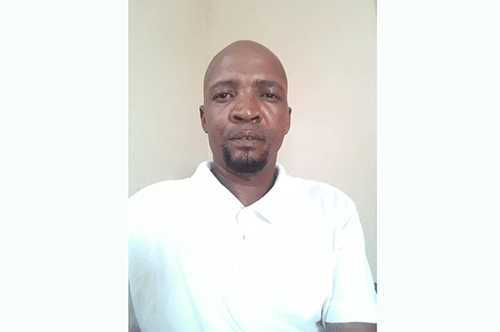Alvenus F Dreyer
As far as we know, we only have one Namibia to live in and to call home. Our President often speaks of building “one Namibian house”, where every brick matters.
A brick to construct a strong house can only be as strong as it has been prepared to be. Namibia as a sovereign and democratic republic owes this to every citizen, particularly the youth, the less privileged, and those with special needs, including the elderly.
What is owed to the people of Namibia is proper civic education. Civic education is the study of the rights and obligations of citizens in society, and in our country’s particular situation (to some extent) it’s quite evident that we are lagging in this regard. Stakeholders and role players must come to the fore and present evidence that shows how active they have been in informing and educating the public about their rights and responsibilities.
If our people are better and more informed, they would not have to rely much on politicians, bureaucrats and social influencers for development. If citizens are equipped with relevant and meaningful knowledge, they would not have to pin their hopes on empty promises made by those who don’t even invest in civic education.
We have time and again over the years witnessed how some greedy individuals and groups in the name of investment, community development, business and spiritual healing have used others to achieve their goals/agendas.
Civic education in many parts of the world has proven to be effective in guiding citizens towards making wise and informed decisions regarding society, the economy and politics.
These three factors can never be separated. They are the three legs on which a country and in particular a democratic country like Namibia must stand. Only a handful of institutions/organisations deal with civic education, but there is room for improvement, considering such education mostly caters to those in Windhoek. With the availability of social and other traditional media platforms, more can be done to reach out to the entire country. Knowing one’s rights and responsibilities is one side of the coin, the other side is how best these rights and responsibilities work for us and to what extent. Thus ensuring that civic education for the sake of development reaches all four corners of the republic is a must.


